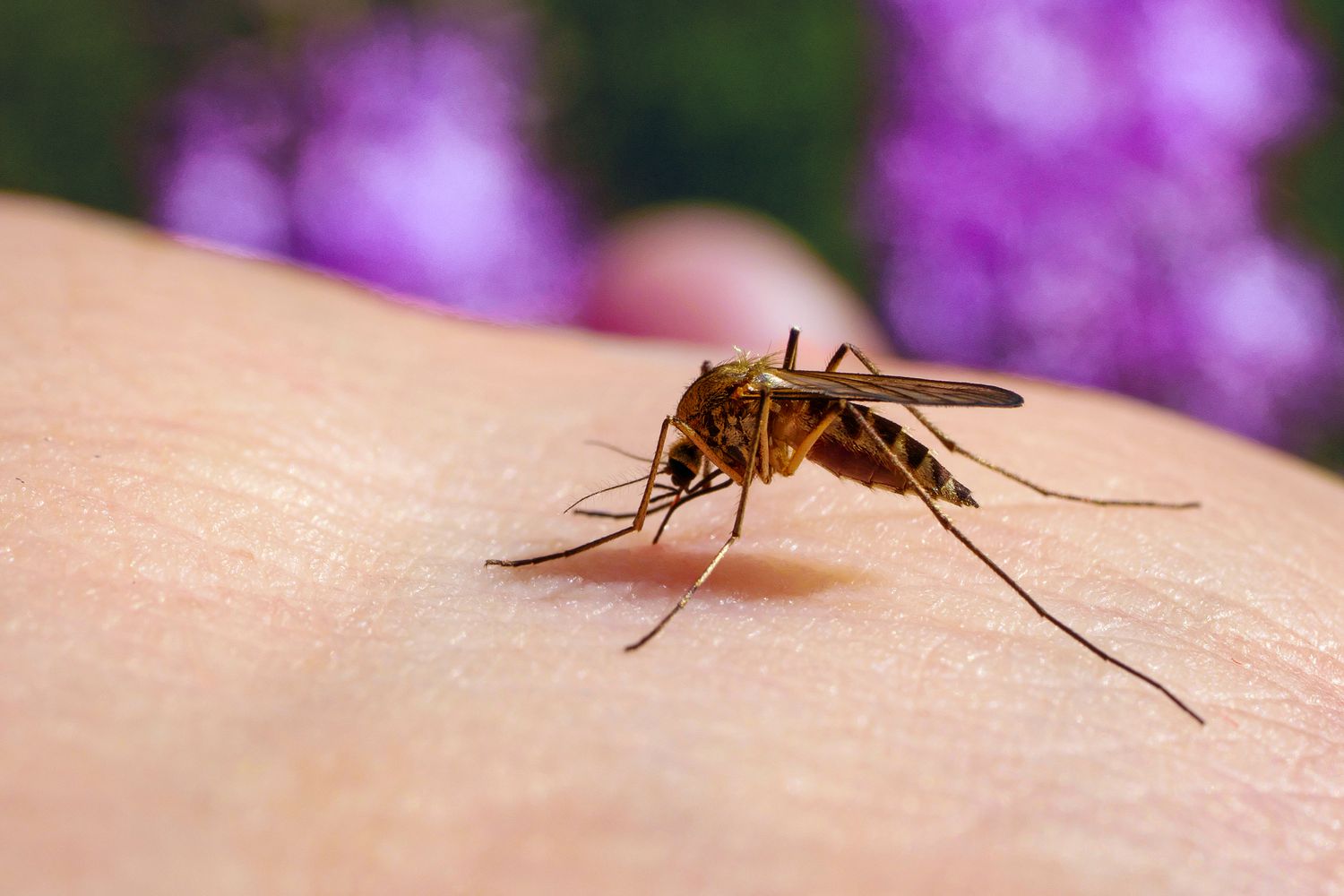"Headlines Emerge as Two Rare Mosquito-Borne Illnesses Resurface—Here’s What You Need to Know"

Mosquito bites are undeniably annoying, but they also come with a real—albeit small—risk of developing a mosquito-borne infection. Two of those illnesses are currently making headlines, and both are potentially deadly.State health officials in Massachusetts are warning residents about the risk of developing Eastern equine encephalitis (EEE) after a man in his 80s contracted the virus earlier this month.
The news comes on the heels of headlines revealing that former National Institute of Allergy and Infectious Diseases director Anthony Fauci was hospitalized with West Nile virus, a disease he believes he got in his backyard in Washington, D.C.
The cases raise questions about these mosquito-borne infections, especially as mosquito season marches on in many regions in the U.S. Here’s what you need to know about EEE and West Nile virus, including how to protect yourself.
Public health officials in Massachusetts are on the offensive after a man was diagnosed with EEE in mid-August. State officials are conducting aerial and truck-mounted ground pesticide sprayings to try to tamp down mosquito populations that can spread EEE. Before the latest infection, the state hadn’t seen a human EEE case in four years.
Fauci’s illness made headlines due to how prominent he is in the health community, as well as the rarity of contracting West Nile in Washington, D.C. In an interview with Stat News, Fauci said this was the sickest he’s ever been. “I really felt like I’d been hit by a truck,” he said. “I have to tell you, I’ve never been as sick in my life. Ever. By far, this is the worst I’ve ever been with an illness.”
Fauci said that he experienced “shaking chills” and weakness during his illness. “The good news is I’m absolutely going in the right direction,” he said. “The sobering news is that it’s going to take weeks and weeks to get back to normal. That’s the history of West Nile. It just wipes you out so badly.”
“Both of these wax and wane in terms of levels each year,” Thomas Russo, MD, a professor and chief of infectious disease at the University at Buffalo in New York state, told Health. “But the big concern is that people can get neurologic disease, and that can be significant.”
It’s also mosquito season in the U.S., which increases the odds of infection, infectious disease expert Amesh A. Adalja, MD, a senior scholar at the Johns Hopkins Center for Health Security, told Health.
In addition to the Massachusetts case, EEE was detected in New Jersey, Vermont, and Wisconsin this year, per Centers for Disease Control and Prevention (CDC) data. Only four cases of the virus, which typically occur in the eastern or Gulf Coast states, have been detected in the U.S. this year.
West Nile virus cases are more common, though, with the virus being the leading cause of mosquito-borne illness in the U.S. There have been 289 reported cases of West Nile virus in the U.S. this year, and of those, 195 were neuroinvasive cases—meaning, they impacted the nervous system and central nervous system.
While West Nile virus cases have been detected in several states, they’ve been the most common in Texas, California, Nevada, Arizona, Louisiana, Mississippi, and Nebraska.
EEE and West Nile virus are both potentially serious mosquito-borne illnesses, but they’re very different conditions.
“EEE is very rare and is geographically restricted,” Adalja said. “There are only about a dozen cases that occur per year. However, if one lives in an area in which EEE has been noted in mosquitoes or in horses, for example, they should take precautions.”
The virus causes no symptoms in most people. Still, it can also lead to uncomfortable, flu-like symptoms and worse, Russo said. Potential symptoms include:
Some cases can lead to severe infection, with about 5% of people developing encephalitis—inflammation of the brain—or meningitis, which is inflammation of the spinal cord or membrane surrounding the brain.
About half of people who develop a more severe case will have lasting physical or neurological issues, including mild brain dysfunction, severe intellectual impairment, personality disorders, seizures, paralysis, and cranial nerve dysfunction.
The condition has a mortality rate of 30%, with people typically dying between two and ten days after developing symptoms, per the CDC.
Like EEE, Adalja said many people infected with West Nile virus will not have symptoms. “Only the minority of individuals get severe disease, and they are at the extremes of age,” he said.
Symptoms can include:
In roughly one of every 150 cases, the disease affects the central nervous system and can cause encephalitis or meningitis. People who develop a severe form of West Nile may experience these symptoms:
About 10% of people who have West Nile virus affecting the central nervous system will die from the condition.
The best way to stay safe is to lower your risk of mosquito bites, Adalja said.
“People should wear mosquito repellent and they should clean up their neighborhoods to remove standing water in which mosquitoes breed,” he added.
The CDC recommends using EPA-registered repellents such as DEET, picaridin, IR3535, or oil-of-lemon eucalyptus. It also suggests that people wear long-sleeved shirts and pants, treat clothing and gear, and try to control mosquitoes indoors and outdoors.
“This should not be grounds for panic, but there shouldn’t be zero level of concern, either,” Russo said. “The serious consequences of these diseases are relatively uncommon but not unheard of. Do what you can to give yourself an edge.”




